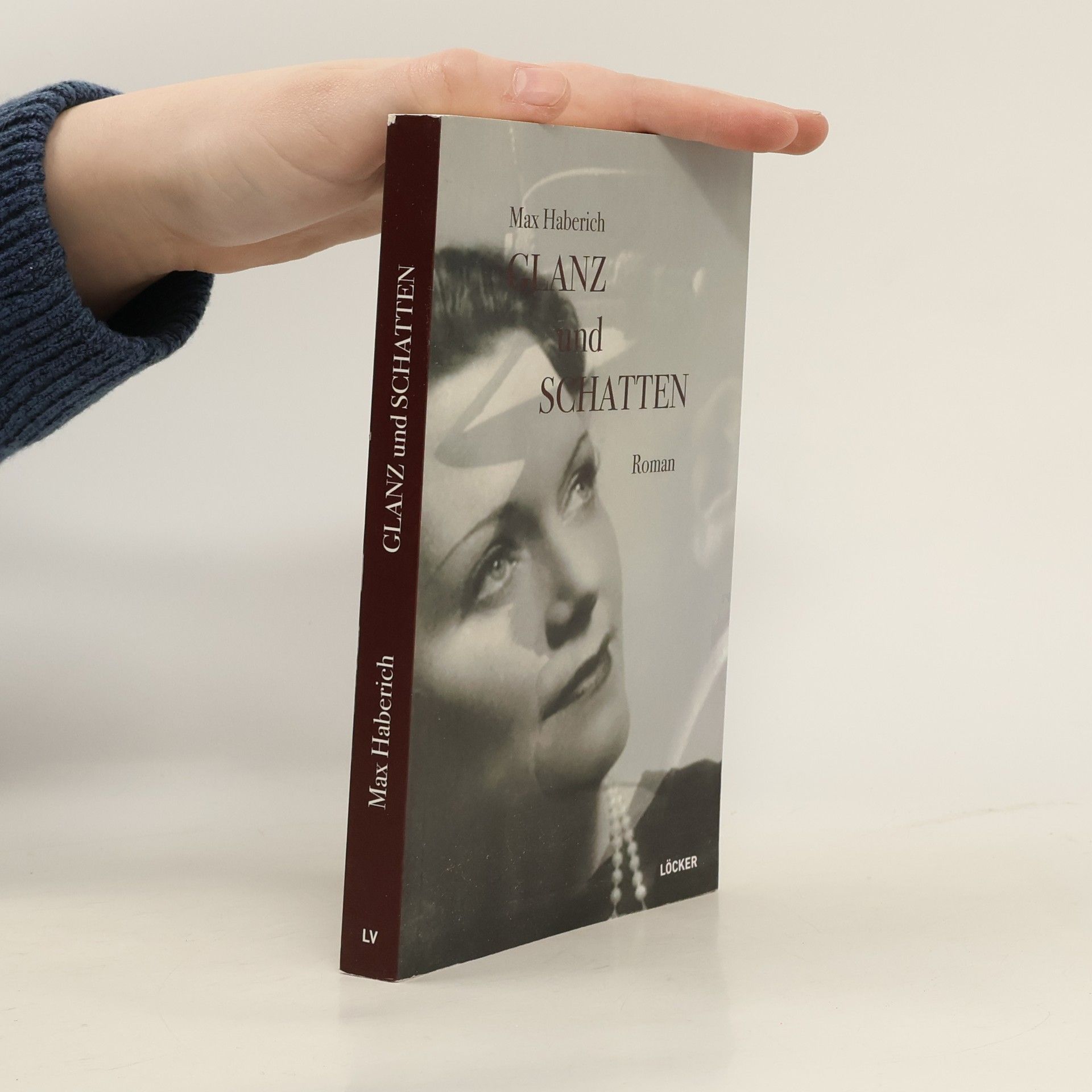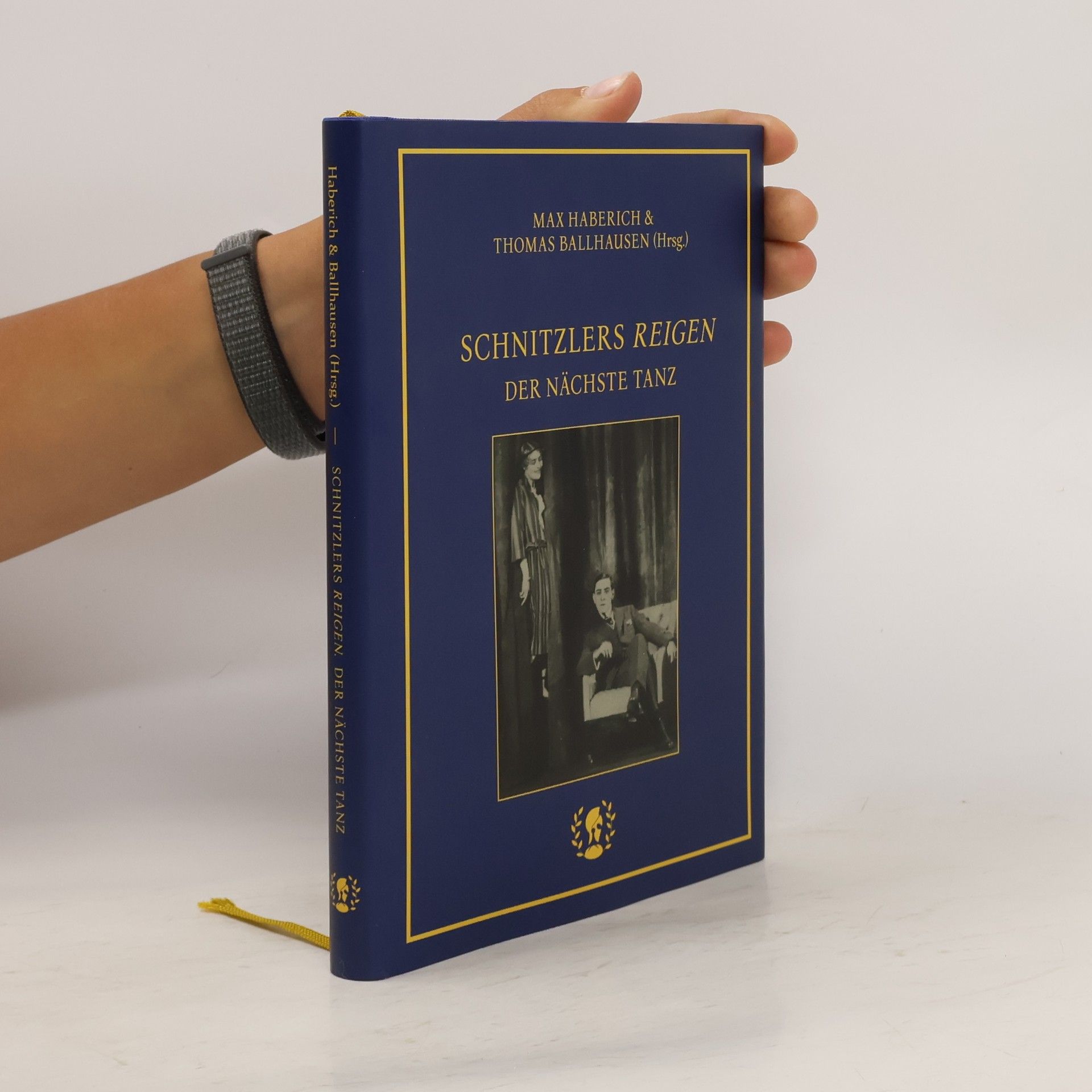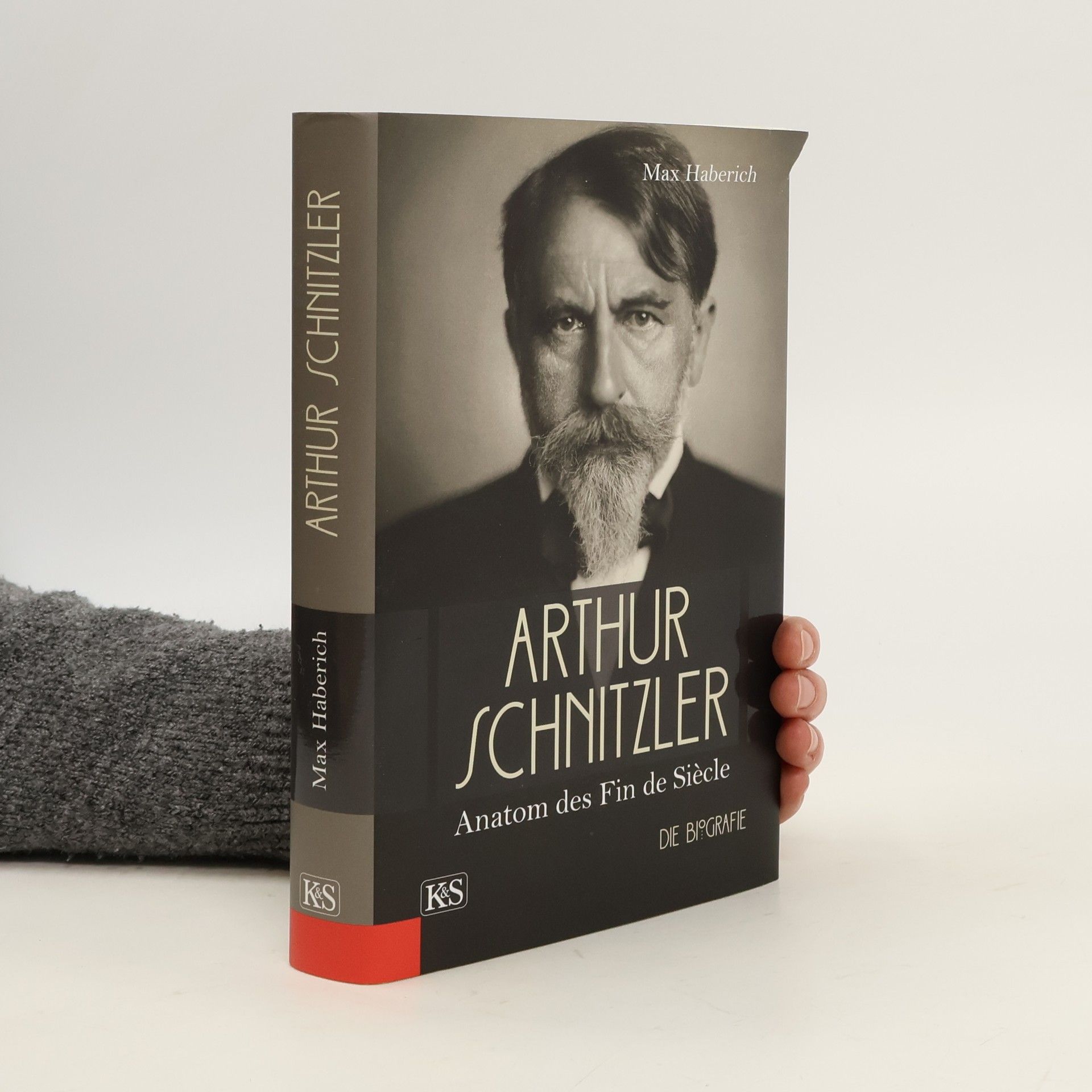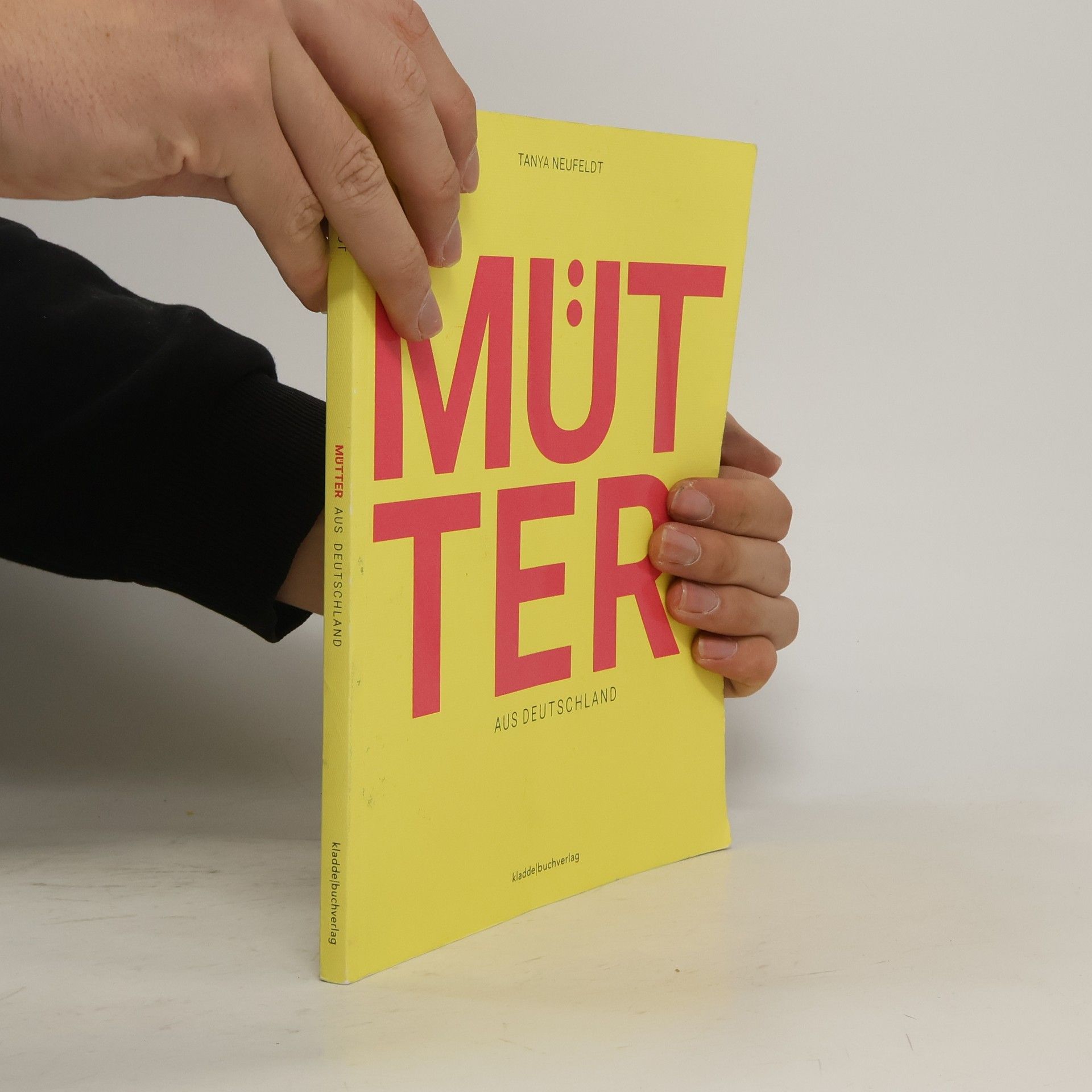Der Autor der Diabolischen Definitionen versteigt sich von neuem zu amüsanten Texten, die den Zeitgeist scharf gegen den Strich bürsten. Hier versammelt sind äußerste Peinlichkeiten im Restaurant; rechtsradikale Fremdenführer; wenn nicht alle, so doch viele Grausamkeiten zwischenmenschlicher Romantik; hirnlose sprachliche Trends von Menschen, die sich für cool halten, ohne es zu sein; Eitelkeiten und Feindschaft der sogenannten Intelligenz, besonders in ihrer literarischen Ausprägung; und selbstverständlich auch die geballte Dummheit gewisser Medienvertreter, die ihren Mitbürgern mit Lustgewinn vorschreiben, wie sie zu sprechen und sich zu ernähren haben.
Max Haberich Book order (chronological)






Schnitzlers Reigen. Der nächste Tanz
- 172 pages
- 7 hours of reading
Arthur Schnitzlers Reigen: einer der größten Skandale der Theatergeschichte. Regisseure brachten den Reigen immer wieder auf die Bühne, oft mit einem übertriebenen Schwerpunkt auf den Liebesakt, der in jeder Szene vorkommt – gerade das, was der Autor nicht wollte. Hier haben zehn namhafte zeitgenössische Autorinnen und Autoren die zehn Szenen des Reigen neu geschrieben und zwischen modernen Paaren spielen lassen. Illustriert werden sie von zehn bisher unveröffentlichten Bühnenfotos der Wiener Uraufführung. In den Gesprächen vor und nach dem Geschlechtsakt treten die meist vergeblichen Hoffnungen der Liebhaber zutage – manchmal humorvoll, aber oft genug mit bitterer Tragik.
Einen deutschen James Bond? Gibt es nicht. Doch! Nagler. Kurt Nagler. Von Pullach über Südafrika und Indien bis nach Santo Domingo kämpft er gegen verbrecherische Organisationen, feindliche Staaten und menschlichen Größenwahn. Die meiste Zeit über sitzt seine Krawatte tadellos. Doch ist er der geheimnisvollen, weltweit operierenden Sekte der „Erweckten“ gewachsen? Hier versammelt sind fünf erhei-ternde und dennoch äußerst spannende Berichte über den besten Mann des Bun-desnachrichtendienstes.
Um die Brücke von der Wiener Moderne zur zeitgenössischen Literatur zu schlagen, bringen wir Erzählungen junger Wiener Schriftsteller heraus. Sie wid-men ein Buch dem Dämonischen in seiner ungezügelten Kraft, das aber nicht zwangsweise in eine flammende Apokalypse führen muss, sondern als kathartische Macht des Guten durchaus zu kreativen Explosionen und neuen Höhen hinaufführen kann. Die dämonische Entfesselung des geballten Talents dieser Autoren ziehen den Leser durch sämtliche Epochen und Kontinente mit – anfangs widerstrebend, bis er einmal Blut geleckt hat und sich dann gar nicht ungern auf diesen faustischen Pakt einlässt.
Diabolische Definitionen
Ein (sehr) zynisches Wörterbuch
Gerndern? Nein, danke!
Wurzeln und Auswirkungen der Gender-Ideologie
Mit Humor spürt Haberich den intellektuell verblüffend oberflächlichen Ursprüngen des Gender-Dogmas nach, und beleuchtet dessen unfreiwillig komische Absurditäten, die nicht nur unsere Medienlandschaft, sondern auch das heutige Leben an deutschen Hochschulen bestimmen. 0Ein Kernsatz von Haberichs Essay lautet, ob beim Studium der Moral früherer Zeiten oder im Umgang von Mann und Frau miteinander: Verstehen statt verurteilen
Arthur Schnitzler Biography
- 248 pages
- 9 hours of reading
Focusing on the life and impact of Arthur Schnitzler, this biography delves into his role as a playwright and social critic, examining themes such as societal double standards, Jewish identity, and gender relations. Max Haberich offers a fresh perspective enriched by previously unknown materials, including an unused archive from Cambridge University and unpublished correspondence with Schnitzler's wife. This exploration reveals lesser-known facets of Schnitzler's life and work, highlighting his significance in literature and social commentary.
Cambridge – das sind zunächst historische Colleges aus Backstein, hochbegabte Studenten und internationale Koryphäen ihres Fachs. Aber es gibt auch dunkle Seiten des Elfenbeinturms: Der immense Leistungsdruck führt zu Drogenkonsum, sogar Selbstmord. Auch die sonst so ehrenvolle Fellowschaft brodelt vor Intrigen, wenn im College ein neuer Master gewählt wird. In der gespannten Atmosphäre ständigen Wettbewerbs kämpfen zwei junge Männer und zwei junge Frauen darum, ihre akademischen Ziele zu erreichen. Vor diesem Hintergrund bemüht sich einer von ihnen, das Bild eines noch wenig bekannten Komponisten des Wiener Fin-de-Siècle zu revidieren, Livius Blumenberg. Nun sind seit neuestem Manuskripte zugänglich, die andeuten, dass er für die europäische Musikgeschichte Bahnbrechendes geleistet haben könnte. Aber es liegt im Interesse seines Professors, dass nicht am traditionellen Bild Blumenbergs gerüttelt wird. Es braucht umfangreiche Recherchen, auch zu einem in der DDR verschwundenen Pianisten, bis es gelingt, die Teile des Rätsels zusammenzusetzen – mit erstaunlichem Ergebnis.
Schnitzler wird bis heute als der Dichter literarischer Grazie und unverbindlicher Erotik betrachtet. In Wirklichkeit zeigt sich bereits in seinen frühen Dramen beißende Sozialkritik an der bürgerlichen Doppelmoral seiner Zeit und an der Ausbeutung junger Frauen. Wie kaum ein anderer entlarvte er die wohlhabenden, unbeschäftigten Lebemänner und die Leere vieler zwischenmenschlicher Beziehungen. Max Haberich hat an der Universität Cambridge über Schnitzler promoviert, hat die Quellen dort und im Literaturarchiv Marbach durchforstet, vor allem auch jene, die in den bisherigen Schnitzler-Biografien noch nicht berücksichtigt werden konnten – etwa die ausführliche Korrespondenz mit seiner Frau Olga. Dadurch ist es Max Haberich möglich, den Jahrhundert- Autor in einem völlig neuen Licht zu zeigen: als sozialkritischen Autor, der sich über Jahrzehnte mit seiner jüdischen Herkunft auseinandersetzte und mit messerscharfer Beobachtung den stetig zunehmenden Antisemitismus in den Blick nahm.
